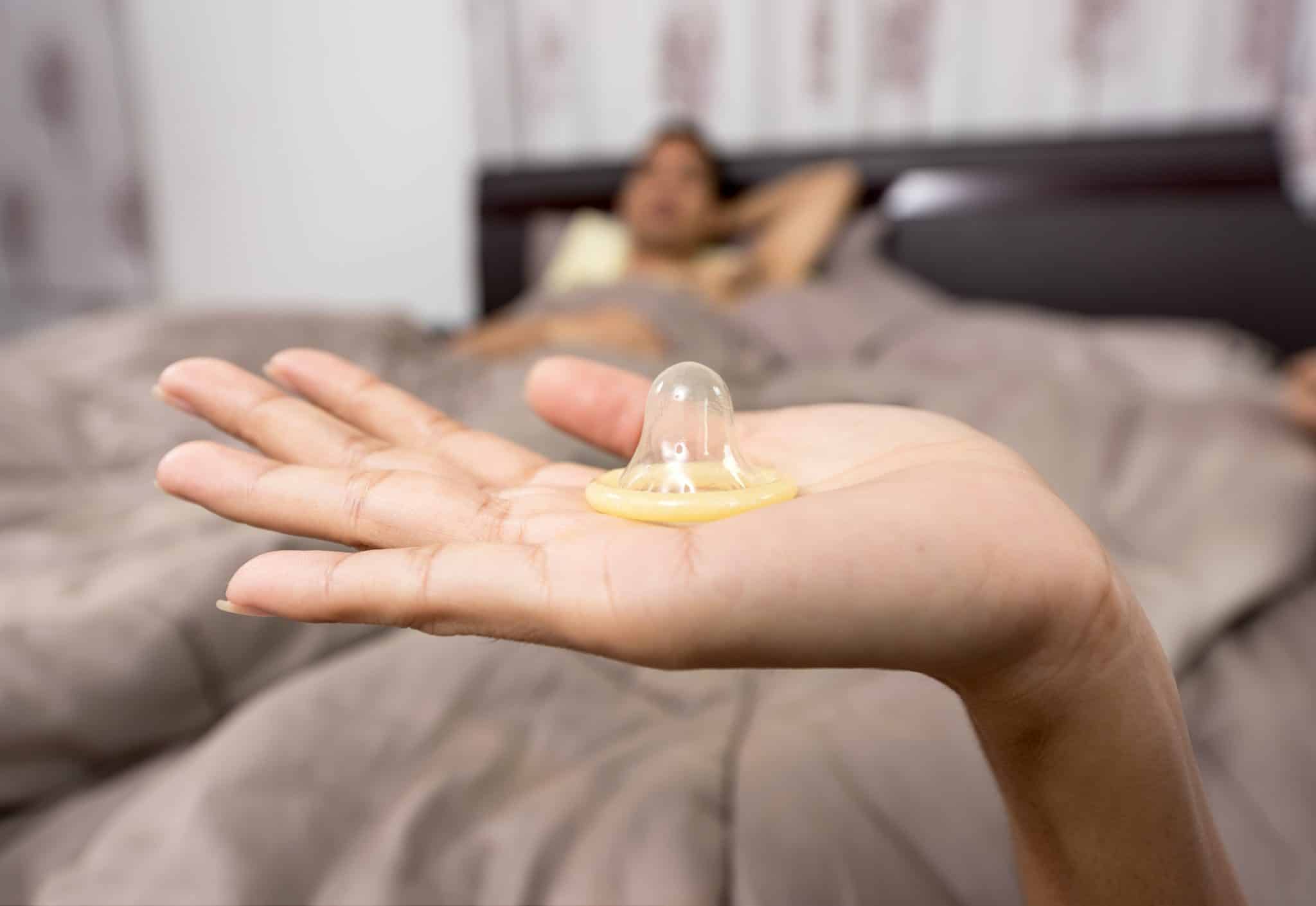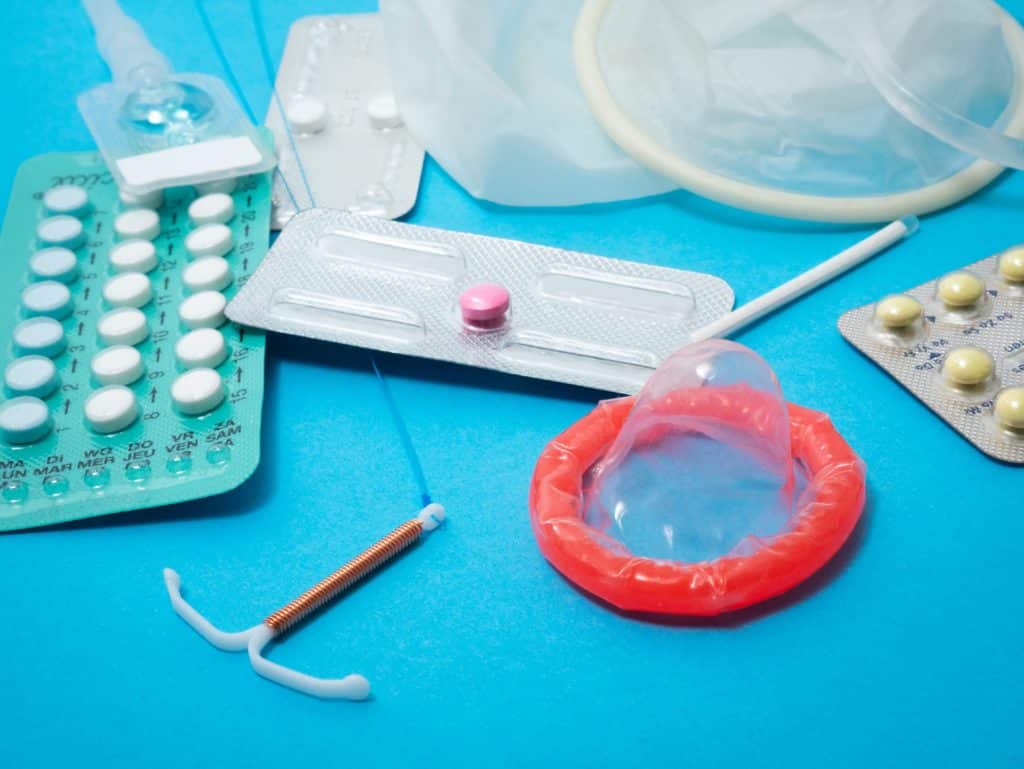There are often opinions that anal sex can pose various risks to lovers. For example, fecal incontinence. Sexologist Artūrs Šulcs comments on this and other shadows of doubt that may arise about this different sex.
OPINION:
“Anal sex – sounds beautiful, but there is one big BUT. Nowhere is there any comment on what the proctologists (specialists with a narrower focus on the lower intestines) think about this topic. It is not mentioned that by stretching the anus in this way, one can not only become infected with STDs from the relatively large “microcracks” in the anal area but over time experience things such as fecal incontinence. I will not mention hemorrhoids at all. If they already exist, then the bleeding can be profound and threatened with a long lying-upright regimen. Also, it is easy to infect the genitals with a bowel rod after anal sex with the vagina, and do not understand later why you can not get pregnant due to chronic inflammation. Unfortunately, these are not just my fantasies on the subject. Of course, it gives a man more pleasure than vaginal sex, because the sphincter is tighter than the vagina, but is it worth it? ”
COMMENT BY SEXOLOGIST ARTURS ŠULCS :
“Yes, it is true that the feelings during anal sex are different than during vaginal sex. However, not to mention the flowers, the size of the hole alone does not determine how well both or one of the partners will feel. Anal sex is not just a simple physical contact, it requires much more contact and trust. And often these are the essential things that bring pleasure. Anal sex is not a simple insertion of the penis into the anus. This type of sex requires prior preparation and mood. It requires special tenderness and attention. Anal sex can also end not with some insertion into the anus, but only with massage and stimulation in the area.
Yes, sexually transmitted diseases can be acquired during anal sex. At the same time, it is a myth. Often people think that if I have anal sex, I will get sick, if not, then no ailments will affect me. In this case, it all depends on the sexual life of both partners. If they are the only ones to each other, if they are convinced or even checked that they are not suffering from any of the sexually transmitted diseases, there is not the slightest reason to get sick during anal sex. After all, STDs do not fly in the air!
If you want to have anal sex with a less familiar partner, you should use a condom, thus protecting yourself. However, a condom should also be used if you have traditional sex with a little-known partner.
Reasonable concerns about anal opening could arise if a disproportionately large object is inserted into the anal opening. If a finger, two fingers, or even the penis, which is commensurate with the size of the feces, is inserted, no problems should occur. To avoid the risk of opening stretching, anal sex should not be practiced every day for three hours. However, if it is a holiday full of Sunday evening romance, tenderness, and trust, everything will be fine.
If anal sex is performed in such a way that neither partner is in pain, there will be no rupture or bleeding. Hemorrhoids are not an anal sex disease. They are much more common for reasons such as poor diet and sedentary work. ”








